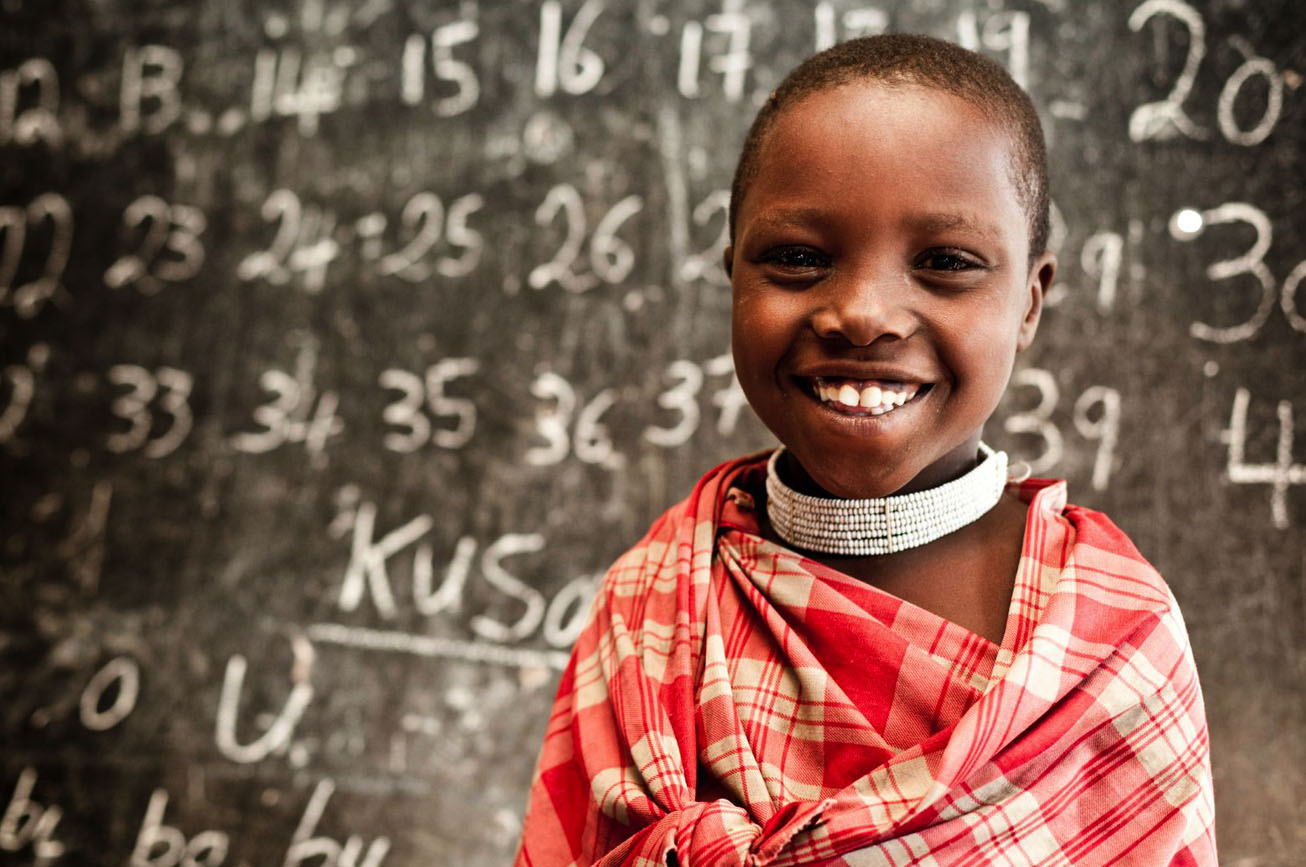There is often an intuitive sense of why child poverty matters and this notion is widely shared by many. However, if we had to give the ‘it’ reasons for engaging in efforts to overcome child poverty, we would prioritise these 7:
1. Because it matters to children and child poverty is a violation of their rights:
Children make up around a third of the population globally, and as much as half in some countries. Yet their voices are seldom heard and more rarely listened to in political and decision making processes. When you listen, you hear how profoundly aware they are of the impacts of poverty on their lives.
“When you listen, you hear how profoundly aware children are of the impacts of poverty on their lives.” – Global Coalition to End Child Poverty
The importance of poverty for children is enshrined in the Convention on the Rights of the Child, which articulates children’s right to an adequate standard of living, and to be free from deprivations across crucial aspects of their lives including their health, education, nutrition, care and protection. Growing up in poverty is a direct violation of these rights.
“Every child has a right to a standard of living adequate for the child’s physical, mental, spiritual, moral and social development.” – Convention on the Rights of the Child (CRC)

2. Because child poverty has devastating effects that last a lifetime:
Due to their particular life stage, poverty has especially devastating effects on children’s development, often resulting in deficits that cannot be overcome later.
The effects of these deprivations can be enduring with long-term consequences. There is a growing body of evidence across sectors of the long- term impacts of these deprivations:
- Undernutrition can permanently impact a child’s growth, resulting in stunting and reduced mental development, and can lead to life-long learning difficulties and poor health.
- A lack of education strongly impacts lifetime earnings.
- Girls’ education, in particular, significantly impacts both their ability to control decisions and the wellbeing of their children.
- Early childhood education is shown as being crucial for school readiness and social-emotional development.
- Poor health, even where not resulting in chronic conditions, can have long-term consequences, and impacts children’s ability to play and learn.
3. Because almost everywhere, children are more likely to live in poverty than adults:
In almost every country with data, children are more likely to live in poverty than adults. Globally, for example, children make up about 33% of the population of developing countries, but are vastly overrepresented among those in poverty, making up almost half (47%) of those living under $1.90 a day. Data also shows children are more likely to live in multidimensional poverty than adults.
“Children are more likely to live in poverty than adults”
Read Part 2 of this article, here.
7 Reasons Why Child Poverty Matters appears in ‘A World Free from Child Poverty’, a Guide by the Global Coalition to End Child Poverty. Find out more, here.


